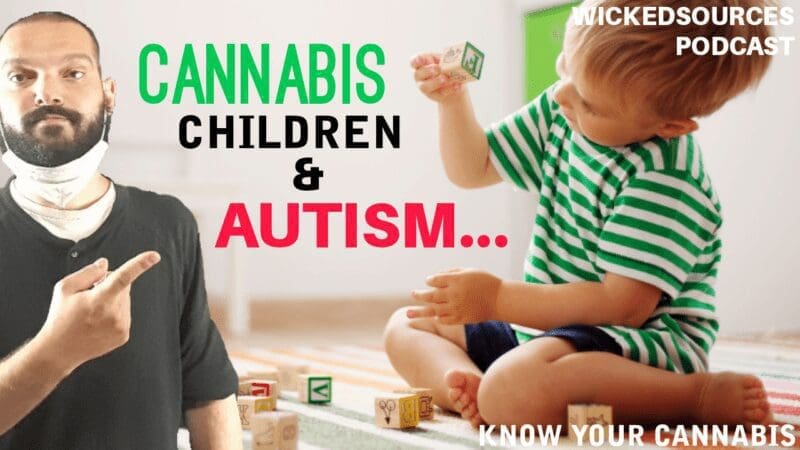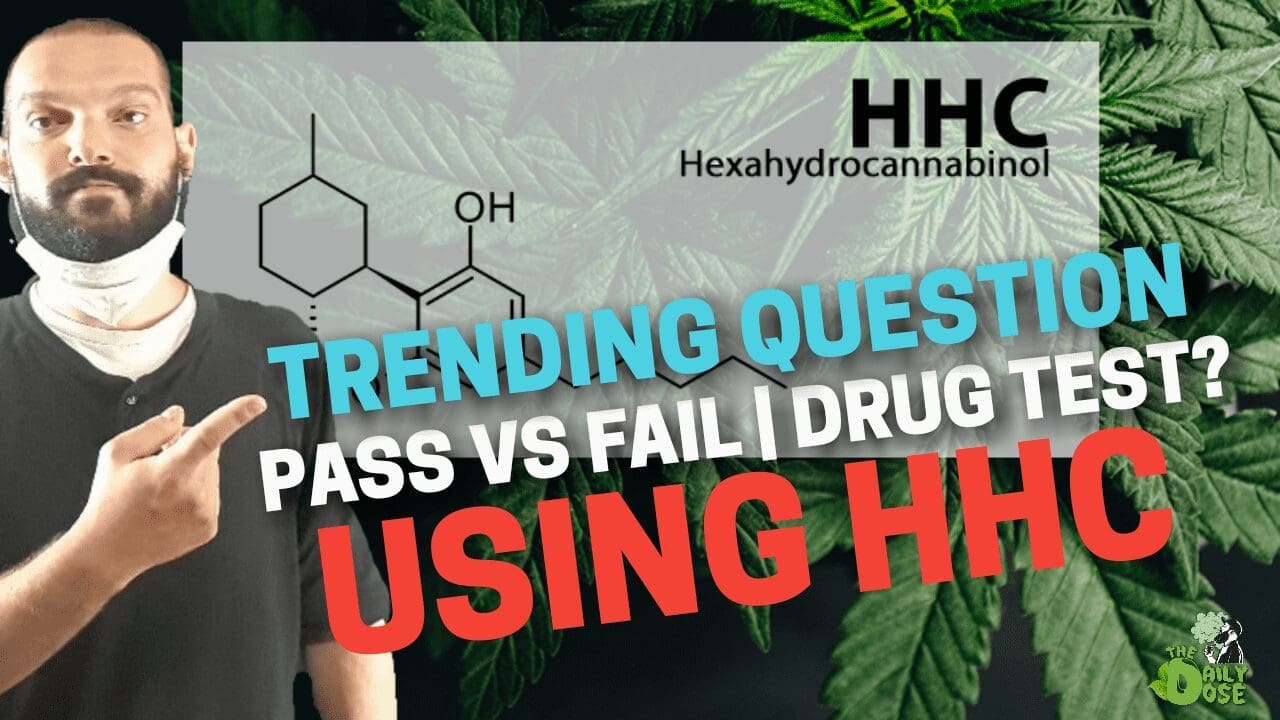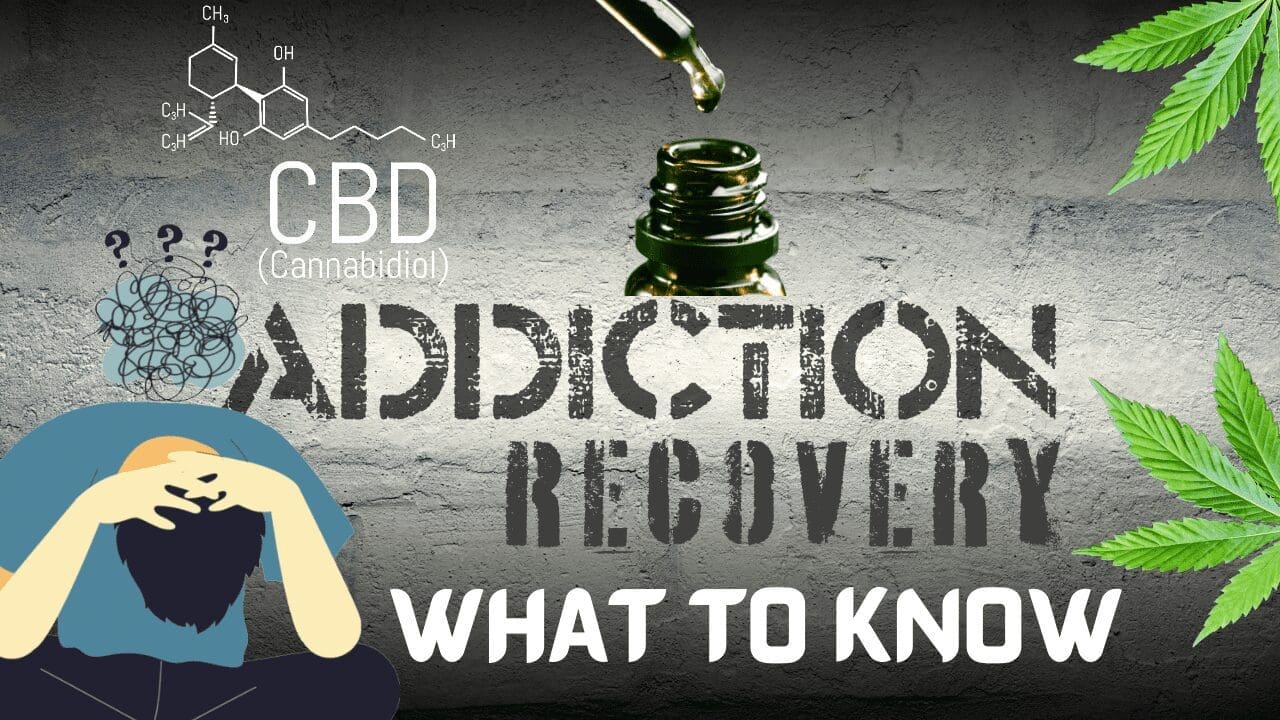Listen to the full episode below The Daily Dose Podcast
Cannabis For Autism What To Know
My Two Cents On Cannabis For Autism
Hello everyone found this and decided to talk about it, I’ve been a proponent for CBD a very long time and here is another case that shows us there is more to cannabinoids than previously thought.
In this episode I am covering a story about a woman and her child who was diagnosed with a form of autism. In the story it explains the difficulties of raising a child who suffers from this and how much of the options for treatment that are available have strings attached that maybe undesirable for some parents.
1. Introduction
Cannabis and Autism: An Emerging Connection
The intersection of cannabis and autism has been a topic of growing interest in recent years. Families and individuals affected by Autism Spectrum Disorder (ASD) have sought alternative therapies to address the challenges and symptoms associated with the condition. Among these alternative treatments, cannabis-based options have emerged as a subject of curiosity and debate.
The Need for In-Depth Exploration
The relationship between cannabis and autism is complex, and it has generated both excitement and skepticism within the medical and scientific communities. This article delves into the potential pros and cons of cannabis use in the context of autism, exploring the available evidence, ongoing research, and the considerations that must be made when contemplating such treatments.
2. Understanding Autism
Defining Autism Spectrum Disorder
Autism Spectrum Disorder is a neurodevelopmental condition that encompasses a range of challenges, including social interaction difficulties, communication deficits, and repetitive behaviors. ASD is a spectrum, meaning individuals can present with a wide variety of symptoms and severities.
Challenges and Spectrum Variability
The diverse nature of the autism spectrum poses distinct challenges for individuals and their families. Understanding the variability and uniqueness of each person’s experience with ASD is essential when considering potential treatments.

3. Cannabis and Autism: The Pros
Potential Therapeutic Benefits
Proponents of cannabis-based treatments for autism suggest that specific cannabinoids and compounds found in the plant may offer therapeutic benefits. These include the potential to address anxiety, aggression, self-injurious behavior, and other challenging symptoms often associated with autism.
Exploring Cannabis-Based Treatments
Cannabis treatments for autism can take various forms, from whole-plant extracts to isolated compounds like cannabidiol (CBD). This section explores different treatment modalities and their potential applications.
Personal Testimonies and Anecdotal Evidence
Many parents and caregivers have shared their stories of using cannabis to alleviate the symptoms of autism in their loved ones. While anecdotal evidence can be compelling, it also underscores the need for more rigorous research.
4. Cannabis and Autism: The Cons
Lack of Scientific Consensus
The utilization of cannabis for autism remains a topic of debate within the medical community. While some studies suggest promise, others have not found clear evidence of its effectiveness. This section delves into the existing uncertainties.
Safety Concerns and Side Effects
Cannabis use comes with potential risks, especially when considering children and individuals with developmental disorders. Safety concerns, side effects, and the impact on cognitive development are areas of concern.
Legal and Ethical Considerations
The legal status of cannabis varies widely across regions, complicating its use as a treatment option for autism. Ethical dilemmas also arise, including issues related to informed consent and the best interests of individuals with ASD.

5. The Science Behind Cannabis and Autism
The Endocannabinoid System and Its Role
Understanding the endocannabinoid system is essential to grasp how cannabis may affect individuals with autism. This section provides an overview of this intricate network of receptors and molecules.
Cannabinoids and Their Interaction with the Brain
Cannabinoids, the active compounds in cannabis, interact with the brain in complex ways. How these interactions may influence the symptoms of autism is a focal point of research.
Current Research and Ongoing Studies
Scientific investigation into cannabis and autism is ongoing. This section highlights notable studies and areas of current research, shedding light on the state of the science.
6. Conclusion: Balancing Hope and Caution
Navigating the Complex Landscape
The exploration of cannabis as a treatment for autism is a complex journey, characterized by evolving science, diverse perspectives, and regional variations in legal and ethical standards. Navigating this landscape requires a careful balance of hope and caution.
The Ongoing Journey of Discovery
As scientific research progresses, our understanding of cannabis and its potential role in addressing the challenges of autism will continue to evolve. The journey of discovery is far from over, and individuals and families affected by autism remain at the heart of this exploration.
In conclusion, the intersection of cannabis and autism is a multifaceted topic that offers both potential benefits and concerns. The need for further research and consensus within the medical community is evident. As this journey of exploration unfolds, it is crucial to approach the topic with a balanced perspective that prioritizes the well-being and safety of individuals with autism.
FAQs
What is the connection between cannabis and autism?
Are there any proven benefits of using cannabis?
What are the potential risks of using cannabis to treat autism?
Is it legal to use cannabis for treatment?
What does the future hold for cannabis-based autism treatments?
Related Articles:
- Safe Drug Spaces Program Cannabis News
- Cannabis News, Shrooms, Opioids And Tax
- Legal Weed: Is Cannabis Still Medicine With Ben Austin
- Plant Medicines For Health And Wellness
- Benefits Of Functional Medicine Now
Meet The Author





